
Pollinator Photography Contest Sponsored by NC Community Garden Partners and NC A&T University
Thank you to everyone that participated in the “Hatch Butterflies” program when 4-H Embryology took a break due to …



El inglés es el idioma de control de esta página. En la medida en que haya algún conflicto entre la traducción al inglés y la traducción, el inglés prevalece.
Al hacer clic en el enlace de traducción se activa un servicio de traducción gratuito para convertir la página al español. Al igual que con cualquier traducción por Internet, la conversión no es sensible al contexto y puede que no traduzca el texto en su significado original. NC State Extension no garantiza la exactitud del texto traducido. Por favor, tenga en cuenta que algunas aplicaciones y/o servicios pueden no funcionar como se espera cuando se traducen.
Inglês é o idioma de controle desta página. Na medida que haja algum conflito entre o texto original em Inglês e a tradução, o Inglês prevalece.
Ao clicar no link de tradução, um serviço gratuito de tradução será ativado para converter a página para o Português. Como em qualquer tradução pela internet, a conversão não é sensivel ao contexto e pode não ocorrer a tradução para o significado orginal. O serviço de Extensão da Carolina do Norte (NC State Extension) não garante a exatidão do texto traduzido. Por favor, observe que algumas funções ou serviços podem não funcionar como esperado após a tradução.
English is the controlling language of this page. To the extent there is any conflict between the English text and the translation, English controls.
Clicking on the translation link activates a free translation service to convert the page to Spanish. As with any Internet translation, the conversion is not context-sensitive and may not translate the text to its original meaning. NC State Extension does not guarantee the accuracy of the translated text. Please note that some applications and/or services may not function as expected when translated.
Collapse ▲
Thank you to everyone that participated in the “Hatch Butterflies” program when 4-H Embryology took a break due to …
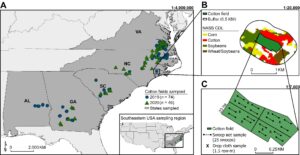
As we move toward squaring and bloom stages, it is essential to plan plant bug scouting strategies depending on …

Have you been growing tomatoes but are having issues getting them to grow properly or produce fruit? Come join …
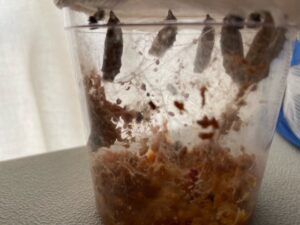
When 4-H Embryology was cancelled due to Highly Pathogenic Avian Influenza on April 5, 2022, Liz Driscoll, 4-H Horticulture …
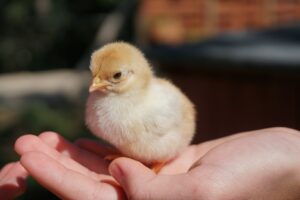
If you are a 4-H agent or Program Assistant who will hatch out chicks with 4-H Embryology, please join …

Pesticide Schools are hosted by the NC State Pesticide Safety Education Program with the help of the NC Extension …
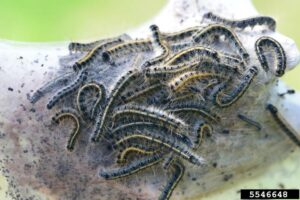
While hiking this past weekend in the Sandhills, I noticed many small silken tent nests in the branches of …
Youth Flock Owners: Please read the latest update from the North Carolina Department of Agriculture and Consumer Services released on …
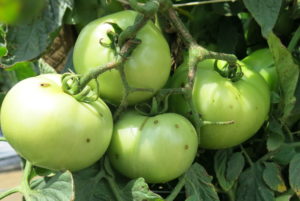
Anyone who grows tomatoes in North Carolina, from homeowners to commercial growers, eventually finds their crop is affected by …

Scotland County Farmers, Now that the holidays are behind us, I wanted to let everyone know what commodity meetings and …
The US Environmental Protection Agency requires that all individuals working with pesticides labeled for respiratory protection complete the following …
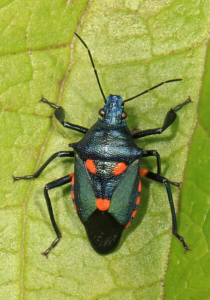
Learn about beneficial and pest arthropods and how to manage them from two enthusiastic entomologists, Nancy Power and Robby …
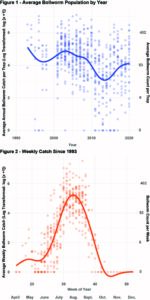
As we near early August, cotton growers should be shifting their focus from early-season insects to late-season pests that …
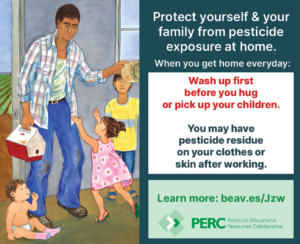
How can you encourage farmworkers and their families to use practices that minimize the risk of pesticide exposure? The …
Soybean rust was found and confirmed on soybeans in Hyde County, NC. Soybean rust has the potential to cause …
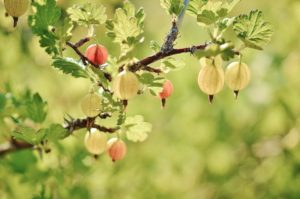
9/16/2020 – (Reviewed 8/28/2024) The short answer is “no.” You cannot legally grow currants or gooseberries in North Carolina. …

Although stink bugs were light across the state (with a few exceptions) in corn and cotton, it looks like …
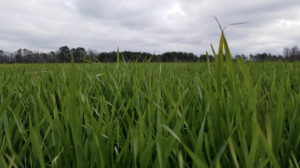
Are you planting wheat this fall? Join us for part 1 of our “Wheat Production Series” on September 25, 2020, from …
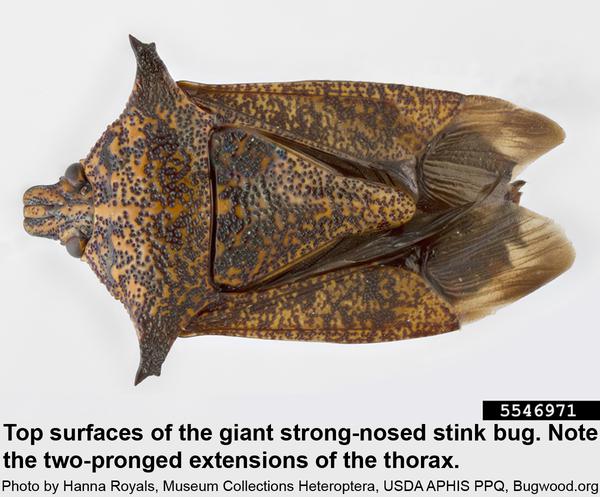
This factsheet describes the biology of the giant strong-nosed stink bug, Alcaeorrhynchus grandis, and provides …

This manual prepares pesticide applicators for Forest Pest Control Certification exams in the following states: …
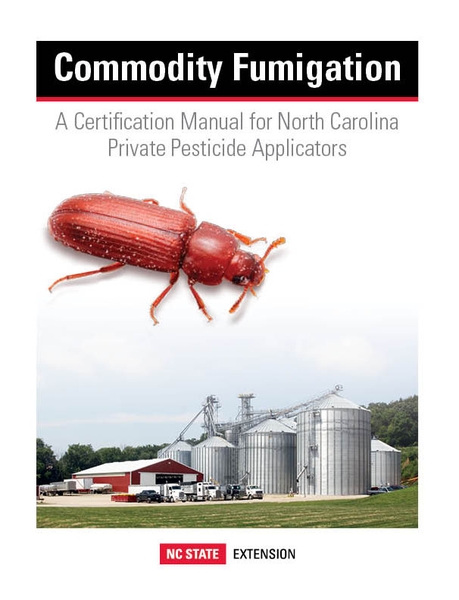
This manual provides guidance tailored for North Carolina's non-commercial pesticide applicators using fumigants in commodity …
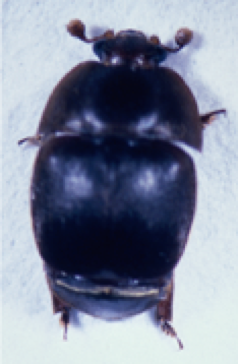
This factsheet describes the small hive beetle, its life cycle and how to prevent infestations …
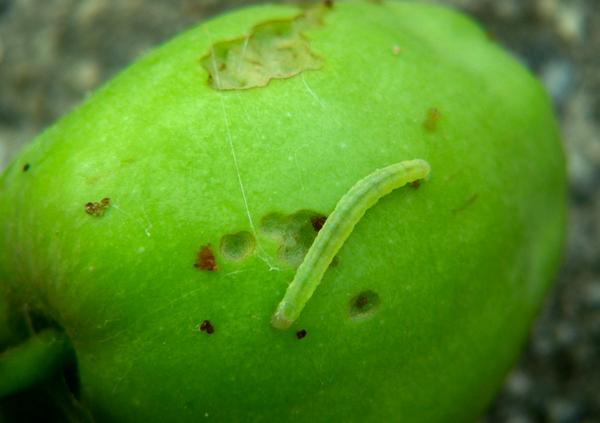
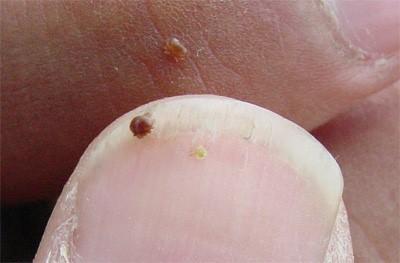
It is the goal of every beekeeper to maintain healthy, productive colonies. This can only …
To apply restricted-use pesticides to agricultural commodities, you must be certified or be supervised by …

This factsheet offers information on the biology and management of the emerald ash borer, an …